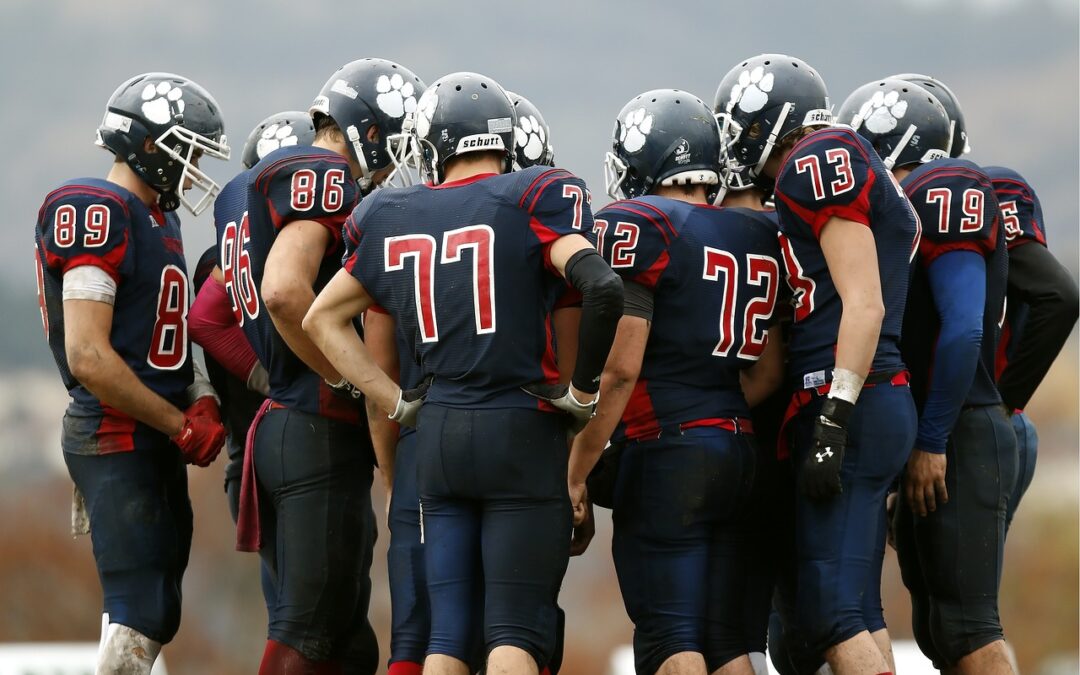John Zurn
Educational Author- School Consultant
One does not need to look far on the Internet to find articles that flout the importance of collaboration. Whether collaboration is focused on teamwork, building professional relationships, or conflict resolution, it is critical for success that people learn how to work together with others. We can entertain ourselves with stories about individuals who have made it on their own. But successful people find many ways to thank others for their success. Not surpisingly, employers today have increasingly noted the importance of strong collaboration skills in hiring recruits.
Just as adults need to learn how to work together in a business setting, children in school need to learn how to collaborate. From class projects to school assemblies to play at recess, children can be seen interacting with others in effective or ineffective ways. Children can benefit deeply from the feedback they receive from teachers on collaboration skills. Knowing the difference between a circumstance that calls for independence versus one that calls for collaboration is a critical step in developing an effective self-awareness.
The words children use to engage others can go far in determining whether personal and group goals are met. But often, non-verbal actions convey collaborative meaning. Children need to learn that a roll of the eyes, a deep sigh, crossing of the arms (and other body language) can often convey far more than words.
Teachers need to feel comfortable correcting students on collaboration skills. If everyone in the community is focused on the quality of collaboration skills (i.e. collaboration grades in each class), daily feedback will be accepted. The student or parent who is shocked to hear about a low collaboration grade can choose quickly to right the boat.
Each teacher has his or her own tendency to engage students in collaborative activities. A few of the common areas of self-assessment include:
-
- Works well with others;
- Understands roles that need to be played for a successful team to be built;
- Has self-awareness and other awareness when working with others;
- Negotiates when stuck;
- Does not give up on academic relationships easily;.
- Uses non-verbal communication effectively.
Sports programs are, of course, an excellent way for children to learn collaboration skills. Ultimately, collaboration is about teamwork and nowhere is this more relevant than on sports teams. The best coaches argue that everyone has an important role in a team effort- from the star athlete to the bench sitters. Ultimately, an athletic team contest is a challenge of collaboration that can be meaningful to everyone.
We welcome you to the conversation. Please let us know that you care by liking comments, forwarding posts, or joining in our dialogue at johnzurn.com.
Coming Next Week- How to Grade for Responsibility
From our first posting:
“As parents and teachers, we need to reclaim our traditional role as influencers of our children – not by shouting louder than the influencers our children discover online, but by stressing ideas that are more important than fancy shoes and snappy TikTok tunes. We need to emphasize traits that everyone agrees children will honor. We need to convince our children that the people who are most important to them have a better understanding of what it takes to be successful in life.”
#charactereducation #successtraits #parentingtips #homeschooling #teachertips

